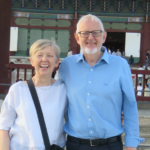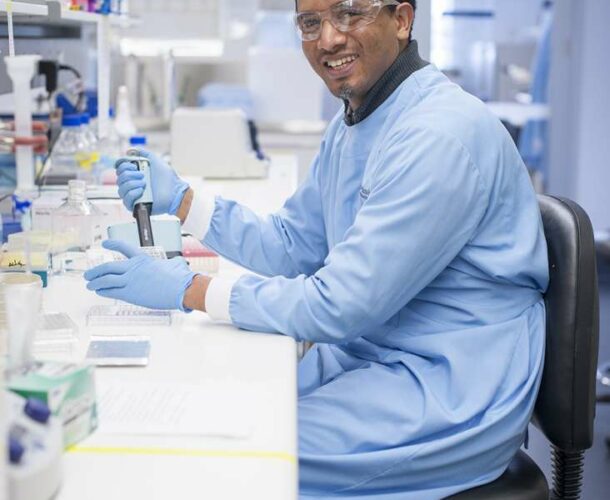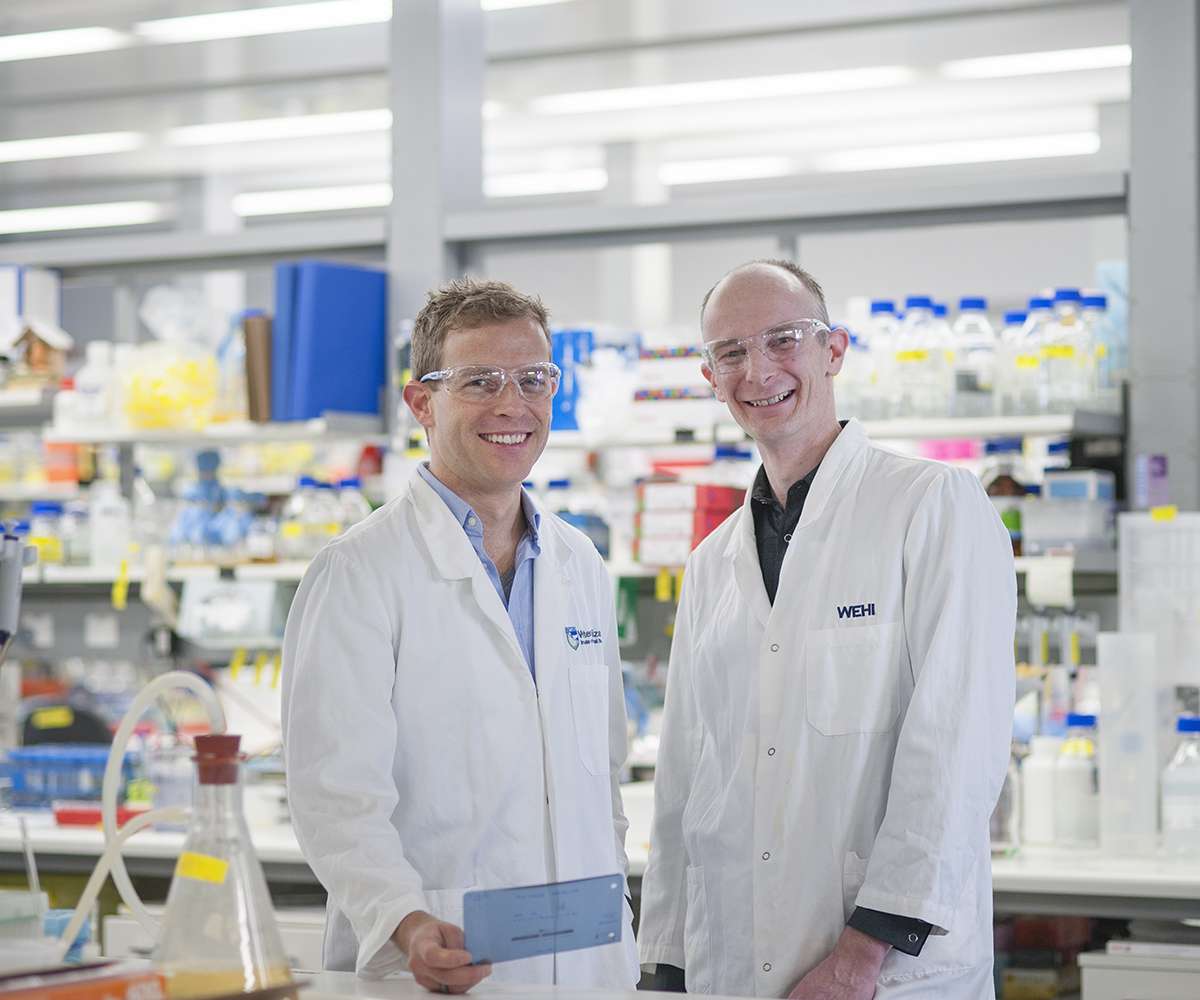In his homeland of Ethiopia, Sofonias Tessema grew up hearing about malaria all the time. His family used to live in a malaria-infested area.
“My mother was always telling me about malaria and its effects; how people died and how people were forced to leave their land. As a child, it made me think about malaria every day.”
Motivated to eliminate malaria
Then, as a university student, Sofonias was assigned to a campus in a malaria zone. He fell ill in his first year. It was the most deadly strain of malaria, Plasmodium falciparum.
“It was very horrible,” he says. “Fever, headache, chills and fatigue.” A few months later, he caught a second strain, Plasmodium vivax. “It is very bad too because it persists in the liver and causes relapses. It’s not clearly known why it does this”.
Defeating the illness, which is spread by mosquitoes carrying the malaria parasite, has now become Tessema’s life’s work.
He did his master’s degree in biomedical science, focusing on drug resistance of malaria parasites. He is now at the Walter and Eliza Hall Institute trying to learn how children gain immunity to malaria.
“If children are exposed to the parasite multiple times they will develop immunity, if they survive the first one or two episodes,” Tessema says.
“But one per cent of the kids won’t survive. That’s a very large number of child deaths every year, which is more than 500,000 deaths all over the world each year” – most in Africa.
Helping kids with malaria
He hopes this PhD work might lead to identifying vaccine or diagnostic candidate against one of the leading causes of death in the developing world.
He says he chose the Walter and Eliza Hall Institute because it is known for its discoveries in malaria biology and has a global reputation for its research. He is studying the proteins produced by the malaria parasite after infecting red blood cells. The body develops antibodies against those proteins to fight back against the illness.
“When the parasite enters the red blood cells, it builds its house, produces its proteins and inserts them into the host red blood cells. These proteins are exposed to our bodies as they are expressed on the surface of infected red blood cells.
“We are trying to understand how our immune system reacts to those proteins. We are making the proteins in vitro and we are studying blood samples from children in malaria-endemic countries, in this case Papua New Guinea.
“We follow the kids for two years. We have data on how many times they were infected, when they were infected and which strain of the parasite they were infected with. We measure their antibodies at the beginning and then see how they develop. We are trying to find the best antigen, or antibody, correlated with a protein, which can potentially be a vaccine.”
Needle in a scientific haystack
It’s a painstaking exercise, looking for a needle in a scientific haystack. The malaria parasite has more than 3500 different proteins. Tessema is screening 500 variants of one protein, a task that might lead to finding a single protein or a group of proteins that can be used in an effective vaccine.
This is one of science’s lotteries. But even if he does not end up finding the key, Tessema knows that his three-and-a-half-year project will have added to the essential body of knowledge about this complex, cleverly adapted organism.
When Tessema finishes his project, he will take his newfound knowledge and skills back to one of the locations where they are most desperately needed – his homeland, Ethiopia, where 68 percent of people live in malaria-infested regions.
“That information by itself won’t be enough to stop malaria. But it could lead to an insight, which might eventually lead to vaccines. We are building knowledge and understanding of the complex interactions between host and parasite. At the moment, we don’t even fully understand how our body acquires immunity to the parasite.”








